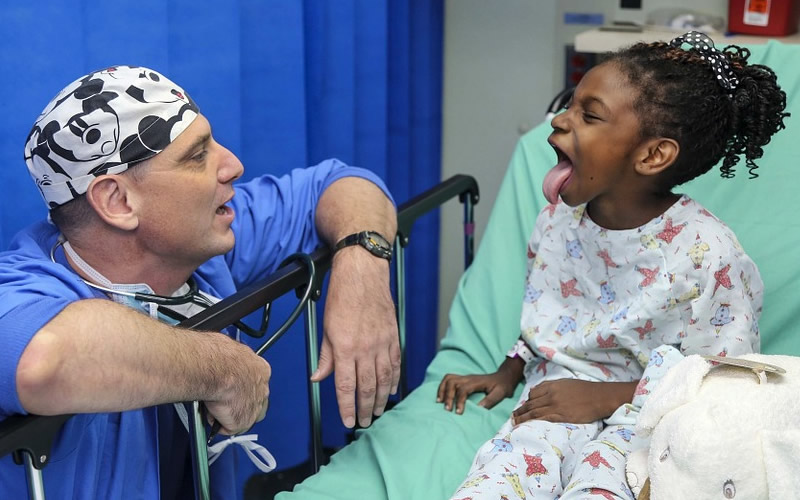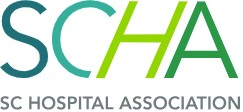
By Skyler Baldwin, special to Statehouse Report | State and local advocacy groups are working to help those who qualify for affordable health insurance under the Affordable Care Act (ACA) thanks to an order from President Joe Biden, issued in the first days of the new administration.
Since the ACA was passed in 2010, the GOP-led S.C. General Assembly has refused to expand Medicaid under the ACA, leaving more than 100,000 people in a coverage gap during the ongoing pandemic. And, it’s unlikely state legislators will expand Medicaid any time soon, after a 2012 Supreme Court ruling that allows states to decline Medicaid expansion gave an out to then-Gov. Nikki Haley.
The window to enroll in the ACA typically is Nov. 1 to Dec. 15. Although 200,000 people signed up for plans in 2020, which is a 16,000+ increase from the prior year, the pandemic made it difficult for many to apply during the 45-day window.
 “There’s one family who called us and said they’d had a death in the family during the 2020 window,” said S.C. Hospital Association Vice President of Engagement Rozalynn Goodwin. “They weren’t thinking of insurance at that point.”
“There’s one family who called us and said they’d had a death in the family during the 2020 window,” said S.C. Hospital Association Vice President of Engagement Rozalynn Goodwin. “They weren’t thinking of insurance at that point.”
The executive order by Biden, who promised to make health care more affordable and available for people without work-provided coverage, reopened ACA enrollment on the federal health insurance exchange in a special period between Feb. 15 and May 15.
“We hosted a phone bank on the first day of the special enrollment period, and the phones would not stop ringing,” Goodwin said. “There is definitely a great need across the state — people who may have missed open enrollment in November or those who were just dealing with the pandemic.”

The association isn’t the only group that’s already seen uninsured South Carolinians eager to get covered. The Palmetto Project’s director of programs, Shelli Quenga, said that the only thing stopping many people from enrolling before was the lack of information, and the new administration has helped.
“When people know the facts and the truth of the ability to enroll, that really helps,” Quenga said. “Most people are covered by their employer-sponsored coverage, but they just don’t know how individual coverage works. It’s stuff you don’t need to know until you need to know it.”
The Palmetto Project, a statewide nonprofit that seeks to identify creative strategies to address the social and economic challenges facing our state, has been the catalyst for more than 330 successful public-private partnerships through the years that have helped change South Carolina in a variety of ways.
“In a volatile labor market like right now, when people lose their jobs, health insurance, a lot of times, goes along with it,” Goodwin said. “That certainly is part of the reason we saw such a big increase in signups at the end of last year.”
South Carolina’s unemployment rate jumped from 3.2 percent in March 2020 to 12.8 percent in less than a month as the pandemic took hold, according to the U.S. Department of Labor. Only months before, the Centers for Medicare and Medicaid Services approved an employment requirement for South Carolinians who get Medicaid. It was the first approval for a state that hadn’t expanded Medicaid and set up 124,000 people in S.C. to lose coverage in 2020, according to the Kaiser Family Foundation.
Medicaid covers about 19 percent of South Carolina’s 5.1 million people, primarily those who have incomes up to 67 percent of the federal poverty level, as well as children, the elderly, the disabled, women who are pregnant or those who are parents of minor children. Adults who don’t fit into one of these categories are not eligible for Medicaid coverage, no matter how low their income is.
“Woe to the person whose taxable income is low,” Quenga said. “There is no option for affordable coverage in our state, unfortunately. We still get a lot of those calls, and that’s our least favorite thing to say, ‘Sorry, you’re too poor for coverage in South Carolina.’ It’s a horrible thing to say to someone.”
The issue is even more pronounced for people living in rural areas in the state.
“If you need vision care, the only free clinic in the state is in Richland and Lexington counties,” Quenga said. “So, too bad if you live in Charleston. Heaven help you if you live in McCormick County. They don’t have the same resources in more rural counties. Your access to health care and health status are directly related to your ZIP code.”
Other health care proposals from Biden geared toward expanding Medicaid at a federal level will take more time, because they would require reversing or changing existing rules, waivers and demonstration projects put in place by the Trump administration, according to national publications.
Still, groups are working to get as many eligible people covered under the ACA as soon as possible. Those who enroll before the end of the month can have active coverage as soon as March 1.
Skyler Baldwin is a staff writer for the Charleston City Paper, a sister publication of Statehouse Report. Have a comment? Send to: feedback@statehousereport.com. Make sure to add your name and contact information for verification.


